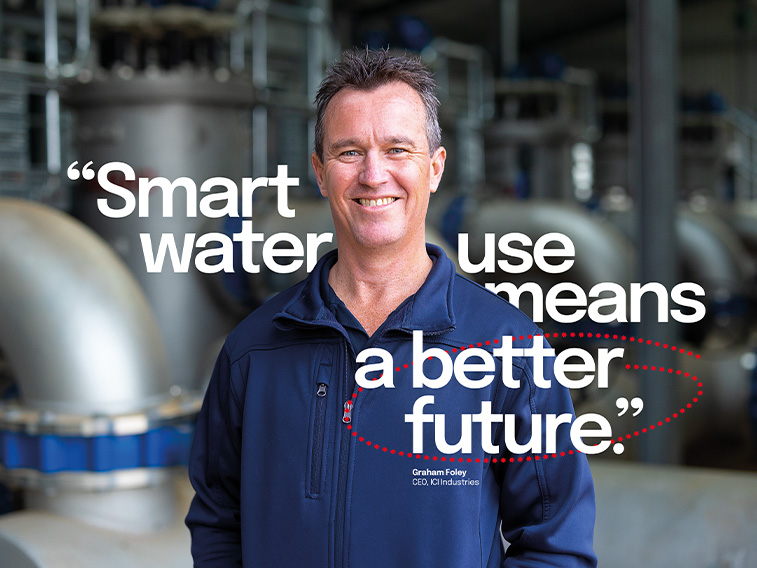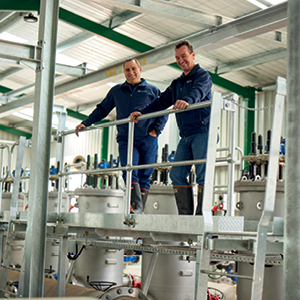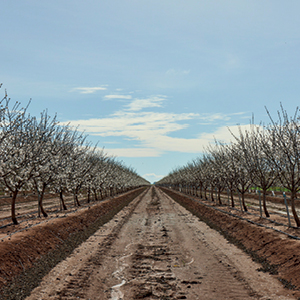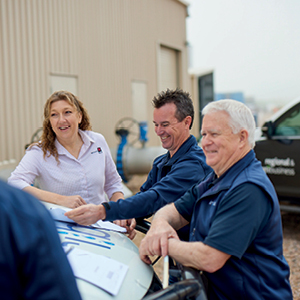The latest NAB Regional & Agribusiness webinar provides insights on the Australian & Global Economies, and a regional and rural property update. Watch the webinar here.


For Irribiz, part of the ICI Industries family, designing sustainable water solutions for growers across Australia is only the start of the journey.

In terms of sustainability, as a grower there are not many variables more important than the ability to water your crop.

It’s part of ICI Industries, which employs 124 staff across Australia.
In 2004, ICI Industries entered Australia’s emerging protected cropping industry. Its AIS Greenworks division specialises in the design, supply and installation of hi-tech greenhouses.
“Innovation is the key to driving the use of water and fertilizer down while at the same time increasing yield and productivity,” says founder Philip Jones.
The ultimate goal of ICI Industries, which has its head office in Griffith, is to provide customers with ways to use what water Australia does have as efficiently as possible.
“Our customers invest in infrastructure and technology to underpin their farming operations,” CEO Graham Foley says. “We in turn, from initial consultation through to commissioning and ongoing support, are committed to nurturing those partnerships to secure Australia’s horticultural industry.

Modern irrigation practices allow farmers to be both efficient and sustainable.
“Extended droughts are a big challenge for any business, but particularly those in regional Australia,” Graham says. “The less water we have, the higher the price, and that can get to a point where inefficient watering of crops is unsustainable.”
The demand for year-round supply is also changing how crops are grown.
“To supply the market in different seasons, farmers in the north of the country ship produce to southern regions, but this is becoming too expensive,” Graham explains. “As food mileage costs have continued to rise, we’ve seen a move towards growing in an indoor environment where you can produce as many as three crops a year by controlling things like temperature, humidity and water supply.”
Debra McCann, Senior Business Manager at NAB’s Griffith branch, describes ICI Industries as a very switched-on business.
“They have a very smart financial controller, so they look to us for options and opportunities,” she says. “I check in with them regularly, as do the specialists who work with them.”
Graham appreciates the continuity.

Meanwhile, ICI Industries is committed to strengthening its own communities.
“We predominantly operate in regional areas, and we do our best to support local industries,” Graham says. “We bring school leavers into the business whenever possible and manufacture locally when we can. That reduces freight costs and the risk of problems associated with the supply chain as it creates more local jobs, so it works well for everyone.”
© National Australia Bank Limited. ABN 12 004 044 937 AFSL and Australian Credit Licence 230686.